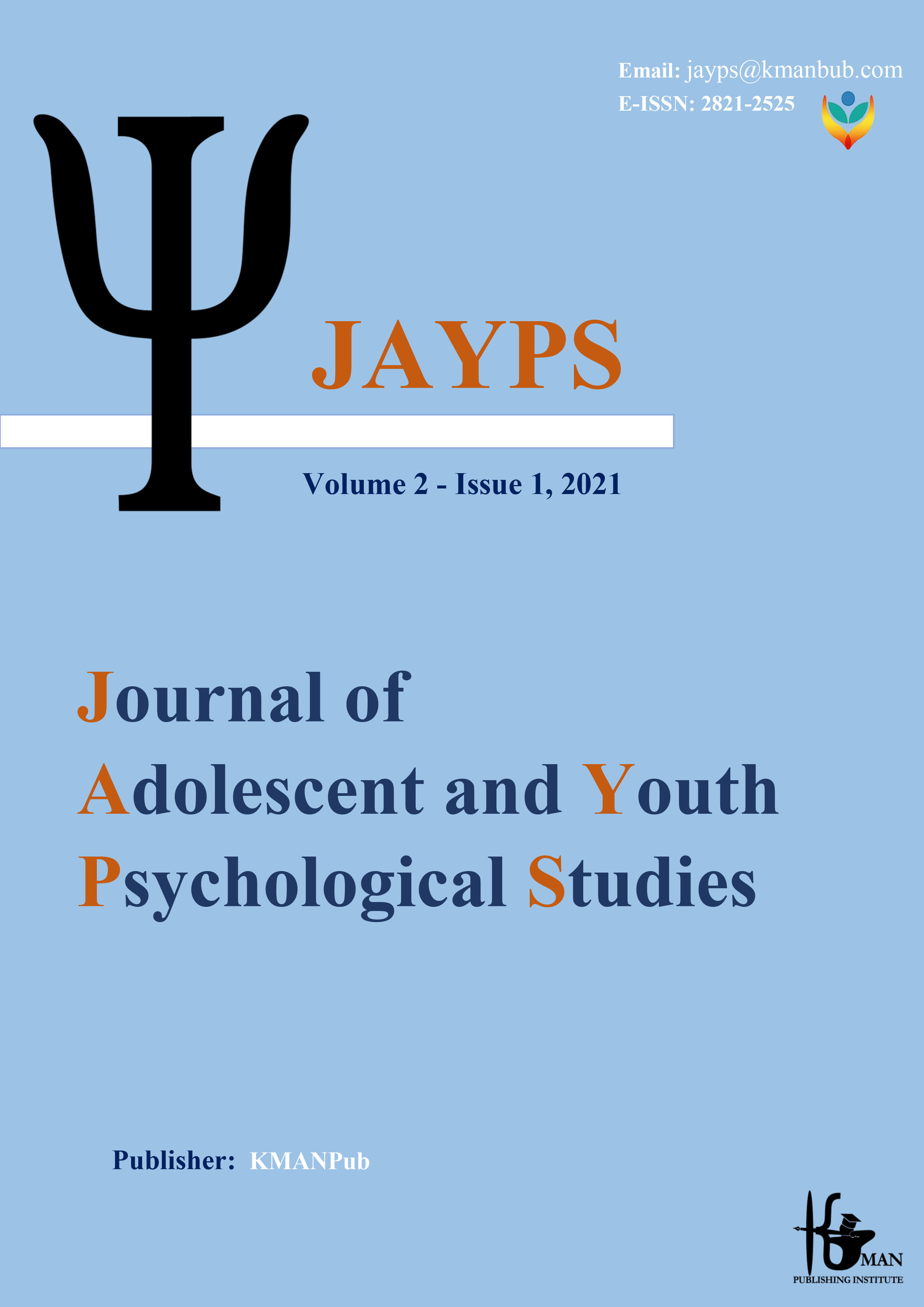Emotional effective factors in reducing PTSD in earthquake in order to develop a structural model in Kermanshah city
Keywords:
emotion, post-traumatic stress disorder, earthquakeAbstract
Background and purpose: Considering the psychological consequences of the traumatic event (earthquake) and the disruption in various functions caused by it, it is obvious that identifying the factors that increase the probability of suffering from the problems caused by the experience of the traumatic event is of clinical importance, has a high academic and social status. The present study was conducted with the aim of determining the role of personality factors in predicting the symptoms of post-traumatic stress disorder in people exposed to trauma. Methods: The current research method was the type of correlation designs and structural equation modeling method. The statistical population in this research included all the earthquake victims of the recent Kermanshah earthquake, whose number was about 21,000 people. According to Morgan's table, 377 people were selected as simple random sampling. The data were obtained using the Mississippi PTSD citizenship scale (Kian et al., 1988) and the emotional processing scale (Baker et al., 2007). In order to analyze the data, the indices of standard deviation, mean, skewness and kurtosis were used and structural equations were modeled with Spss and Amos software. Results: The results showed that the factors of emotional suppression, experience of unpleasant emotions, emotional control, emotional avoidance and symptoms of emotions had a positive effect on post-traumatic stress disorder, the relationship between emotional suppression and post-traumatic stress disorder was directly equal (t=5.75, β=0.26), the relationship between experiencing unpleasant emotions and post-traumatic stress disorder is directly equal (t=3.27, β=0.15), the relationship between emotional control and post-traumatic stress disorder Directly equal (t=7.24, β=0.33), the relationship of emotional avoidance with post-traumatic stress disorder is directly equal (t= 1.99, β=0.09) and the relationship of emotional symptoms with Post-traumatic stress disorder is directly equal to (t=3.67, β=0.17). Conclusion: It can be concluded that the results of the statistical test showed that the fit indices of the research model are in a favorable condition. Also, the components of adaptability, conscientiousness and openness have had a negative effect on post-traumatic stress disorder, and the neuroticism component has had a positive effect on post-traumatic stress disorder.
Downloads
Downloads
Published
Submitted
Revised
Accepted
Issue
Section
License

This work is licensed under a Creative Commons Attribution-NonCommercial 4.0 International License.









